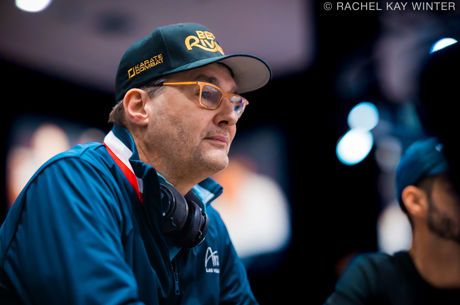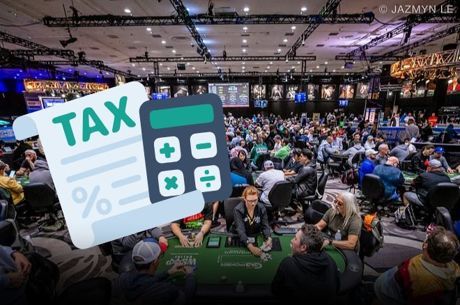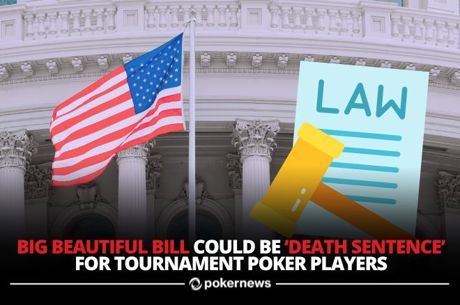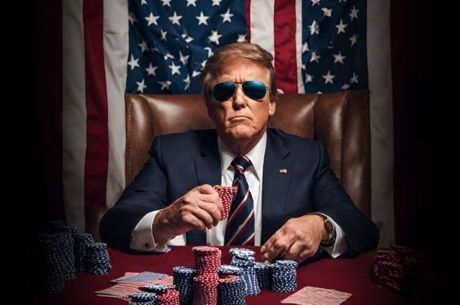WTO Issues Ruling Against U.S. in Antigua Gaming Dispute

In a long-awaited move, the World Trade Organization [WTO] has issued its 'compliance panel report' on the matter of the complaint brought by the tiny nation of Antigua and Barbuda in its complaint against the United States over barriers to online gambling. While the complaint was limited to the narrow scope of horseracing, it confirms that the WTO views the U.S. as being noncompliant in denying Antigua the right to provide this form of parimutuel wagering to U.S. Internet customers under the General Agreement on Trade in Services [GATS], to which both the U.S. and Antigua are parties.
The U.S. is expected to appeal this final ruling, which is in large part itself a rejection of an earlier U.S. appeal.
The WTO's 51-page ruling confirms that existing U.S. measures --- even before the October 2006 signing of the UIGEA --- are unlikely to pass muster within the framework of international trade agreements. However, Antigua is unlikely to be able to take large-scale economic advantage of the decision, nor is the U.S. immediately likely to drop all barriers to this and other forms on Internet gambling, including online poker.
The WTO called the U.S. to task for its intentionally ambiguous laws, and chided the U.S. for its failure to seize the chance to apply uniformity to the subject of online gaming as a whole, instead leaving it a confusing mess of interstate and intrastate laws.
"...since the original proceeding the United States had an opportunity to remove the ambiguity and thereby comply with the recommendations and rulings of the DSB [Dispute Settlement Body]. Instead, rather than take that opportunity, the United States enacted legislation that confirmed that the ambiguity at the heart of this dispute remains and, therefore, that the United States has not complied."
In one telling passage, the WTO's decision noted the following about the U.S.'s apparent willingness to cloak its intent within ambiguously worded laws:
"It is striking that the Department of Justice has not, apparently, ever initiated a criminal prosecution under the measures at issue of a pari-mutuel wagering supplier in the United States who transmits bets and wagers in violation of the Wire Act but who, at the same time, has obtained consent from the horse racing associations and shares its revenue with the racetracks in accordance with the IHA [Interstate Horseracing Act]. Such a prosecution could lead to a court opinion that would prove – or disprove – the Department of Justice's view, as a court could decide whether the IHA authorized such activity despite the terms of the Wire Act."
In fact, the WTO report states that in the matters related to this dispute, the U.S. Department of Justice was not prosecuting accused criminals under the Wire Act at all, but under the 1978 Interstate Horseracing Act instead. In referring to other 'suppliers' not deemed in violation of the IHA, the report said this: "Whilst it is not clear whether these suppliers actually violate the Wire Act, it is clear none of them are being prosecuted."
However, both the Wire Act and the UIGEA were mentioned in other parts of the ruling, and indictments of Antiguan nationals on related matters subsequent to the initial ruling were also noted. An annex to the finding notes that a precursor to the UIGEA, HR 4411, "is in many significant respects directly contrary to the DSB rulings, clearly entrenching and institutionalizing the discrimination inherent in the application of current US law addressing cross-border gambling and betting services."
The overriding question for online poker players, of course, is what does this ruling mean for them? In the short term, it means very little. As mentioned earlier, the U.S. is likely to appeal, and in the absence of other market factors, would follow its fruitless-but-time-consuming appeal by likely making a nominal change in a related statute; the U.S would then claim compliance and force the complaint process to begin anew. Antigua, an island nation with less than 70,000 citizens, lacks the economic muscle to truly take advantage of the trade penalties that could be assessed against the United States.
However, the decision creates additional incentive for other countries to file complaints on this and related matters, including the opening of online poker. The specific reference to HR 4411 is all but an invitation to other countries to challenge the U.S. on the matter, with the specific carveouts for Native American gaming, lotteries, and fantasy leagues all duly noted by the WTO.









